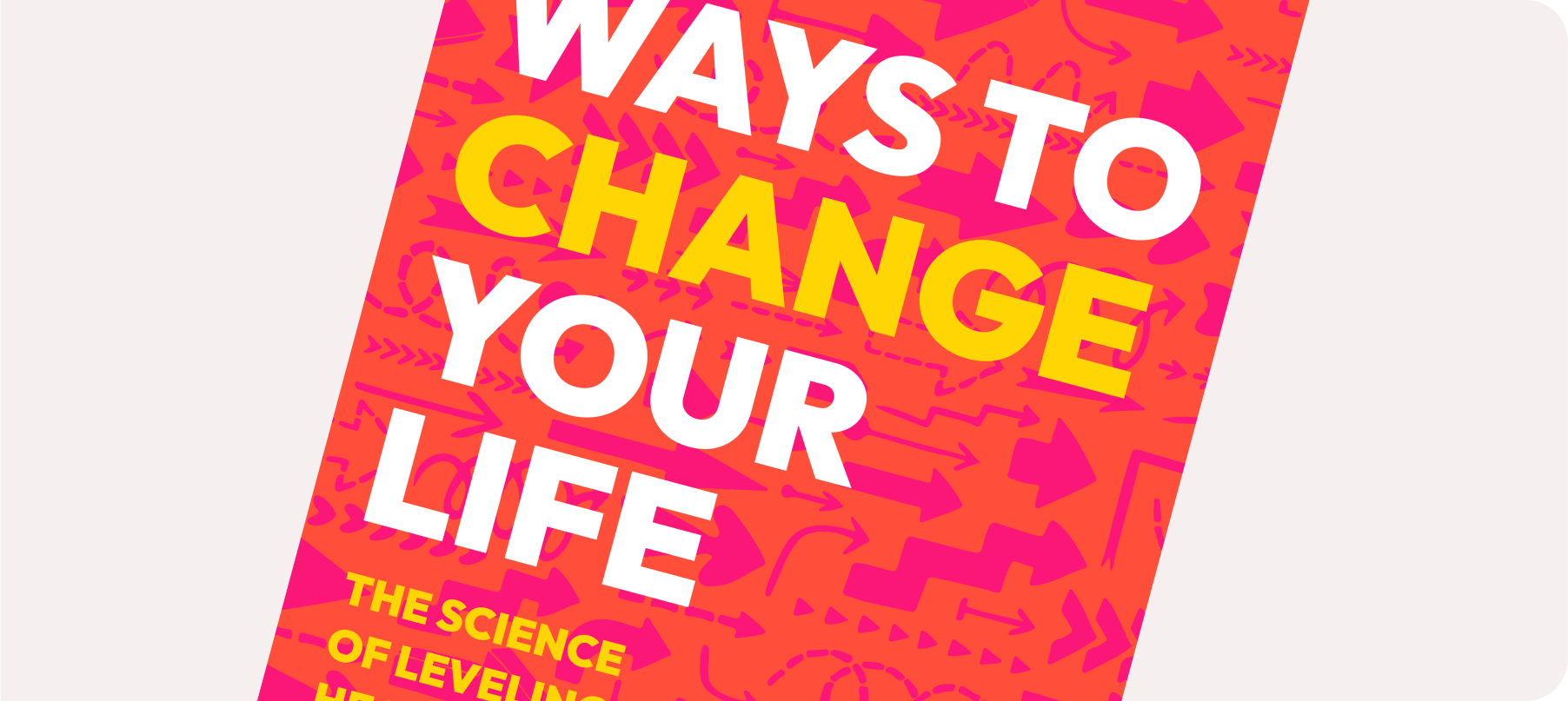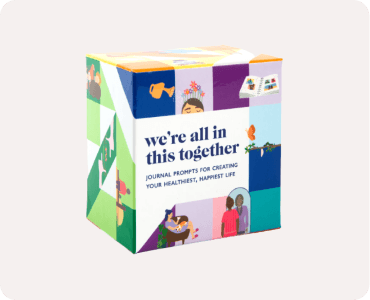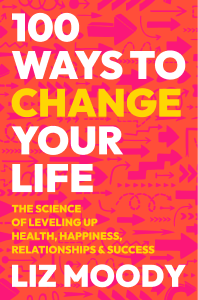Solo episode! Today I’m explaining my viral neuroscience hack, The Novelty Rule. This simple theory is a game changing way to extend time and live a happier life.
In this episode of the Liz Moody Podcast, I discuss the ‘novelty rule’ that I created based on neuroscience research by Dr. David Eagleman from Stanford University. Introducing new and novel experiences can alter our perception of time, making life feel richer and longer. I share some ideas of weekly and monthly activities that you can use to incorporate novelty into your life, from small changes like brushing your teeth with your non-dominant hand to bigger adventures like trips and new hobbies. The episode also covers the importance of scheduling and anticipation in boosting happiness and maintaining robust friendships. I’ll help you enhance your daily life with simple yet effective changes.
- 00:00 Intro
- 00:44 The Novelty Rule: A Neuroscience Hack to Create More Time
- 04:14 Weekly Novelty Rule Ideas
- 06:24 The Importance of Calendaring
- 08:05 Monthly Novelty Rule Adventures
- 16:06 Novelty Rule for Parents
- 18:33 Final Thoughts
For more from me, you can find me on Instagram @lizmoody or www.lizmoody.com.
Listen to Anna Goldfarb’s episode here The Secret To Making Soul Satisfying Friends As An Adult (Avoid The Mistake Everyone Makes!)
To join The Liz Moody Podcast Club Facebook group, go to https://www.facebook.com/groups/thelizmoodypodcast.
Ready to uplevel every part of your life? Order my new book 100 Ways to Change Your Life: The Science of Leveling Up Health, Happiness, Relationships & Success now!
This episode is sponsored by:
AG1: visit drinkag1.com/lizmoody and get your FREE year supply of Vitamin D and 5 free travel packs today.
Shopify: sign up for a one-dollar-per-month trial period at shopify.com/lizm.
The Liz Moody Podcast cover art by Zack. The Liz Moody Podcast music by Alex Ruimy.
Formerly the Healthier Together Podcast.
This podcast and website represents the opinions of Liz Moody and her guests to the show. The content here should not be taken as medical advice. The content here is for information purposes only, and because each person is so unique, please consult your healthcare professional for any medical questions.
The Liz Moody Podcast Episode 259.







